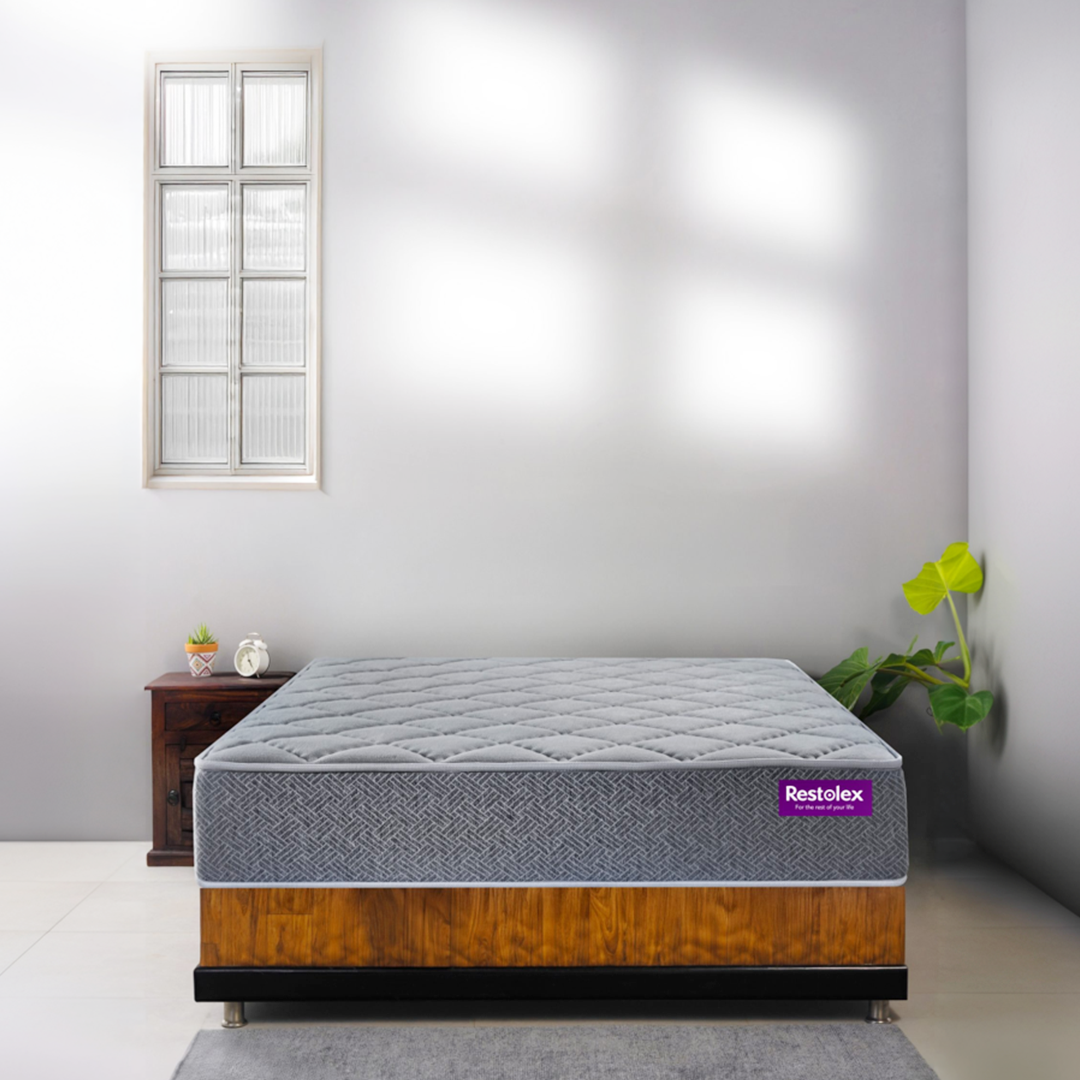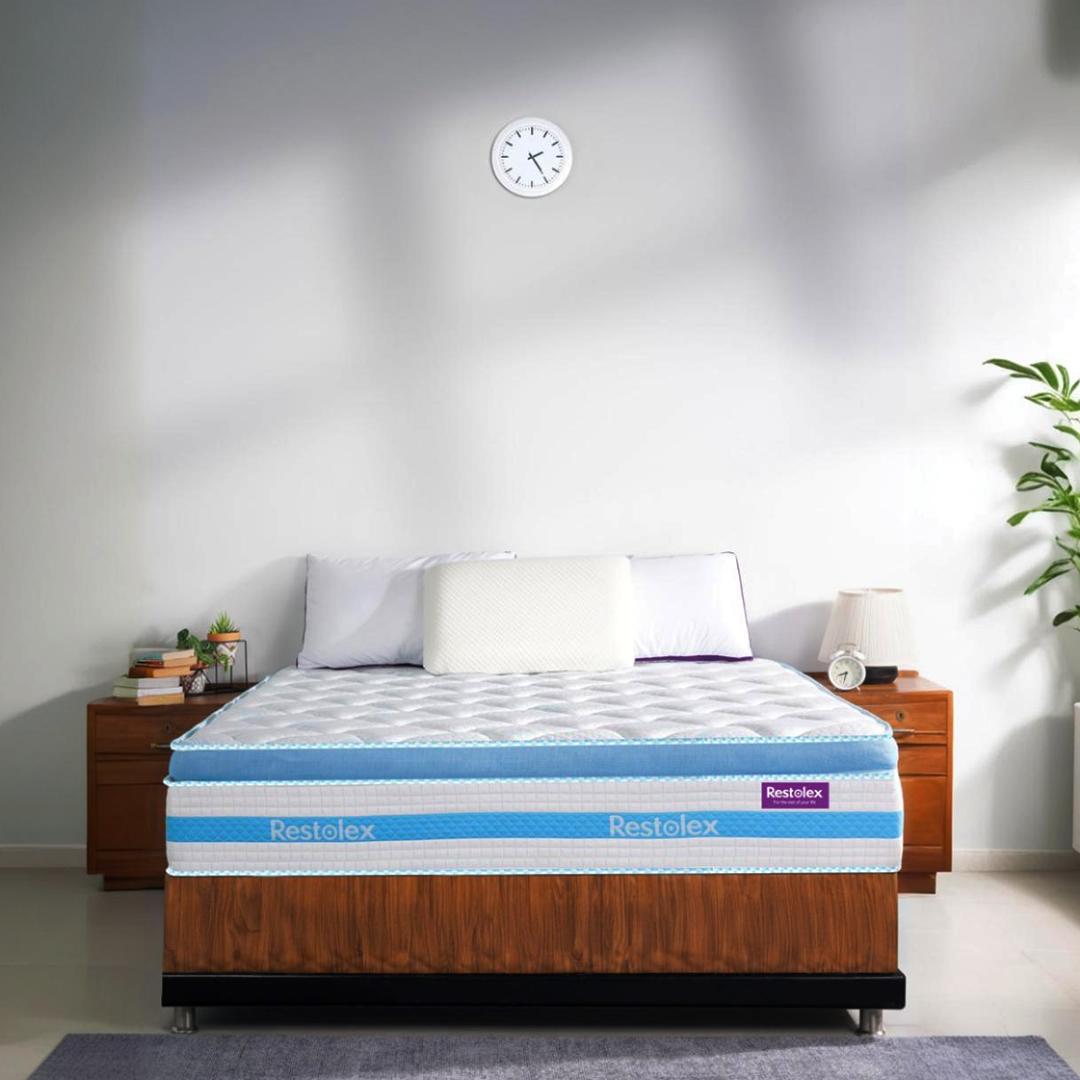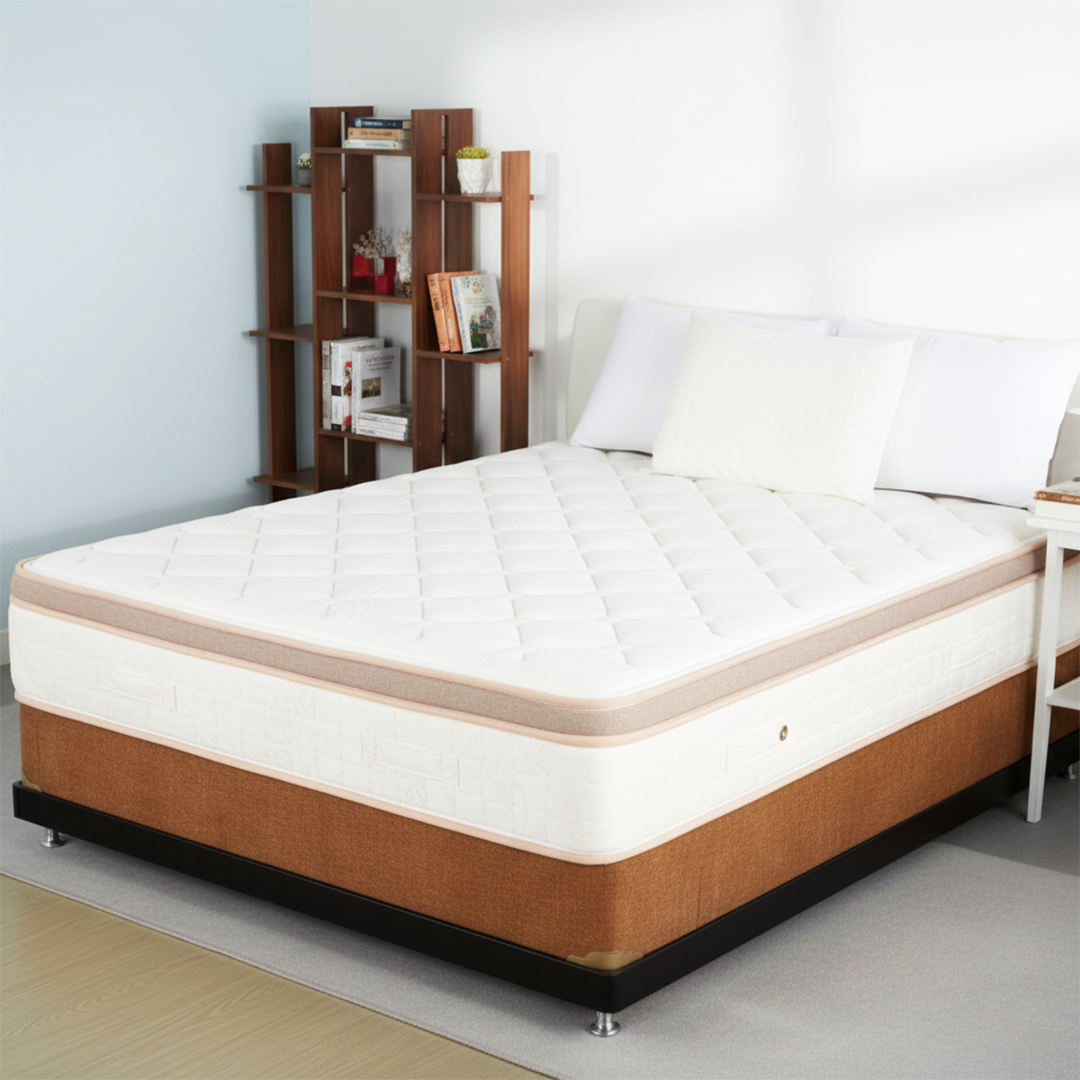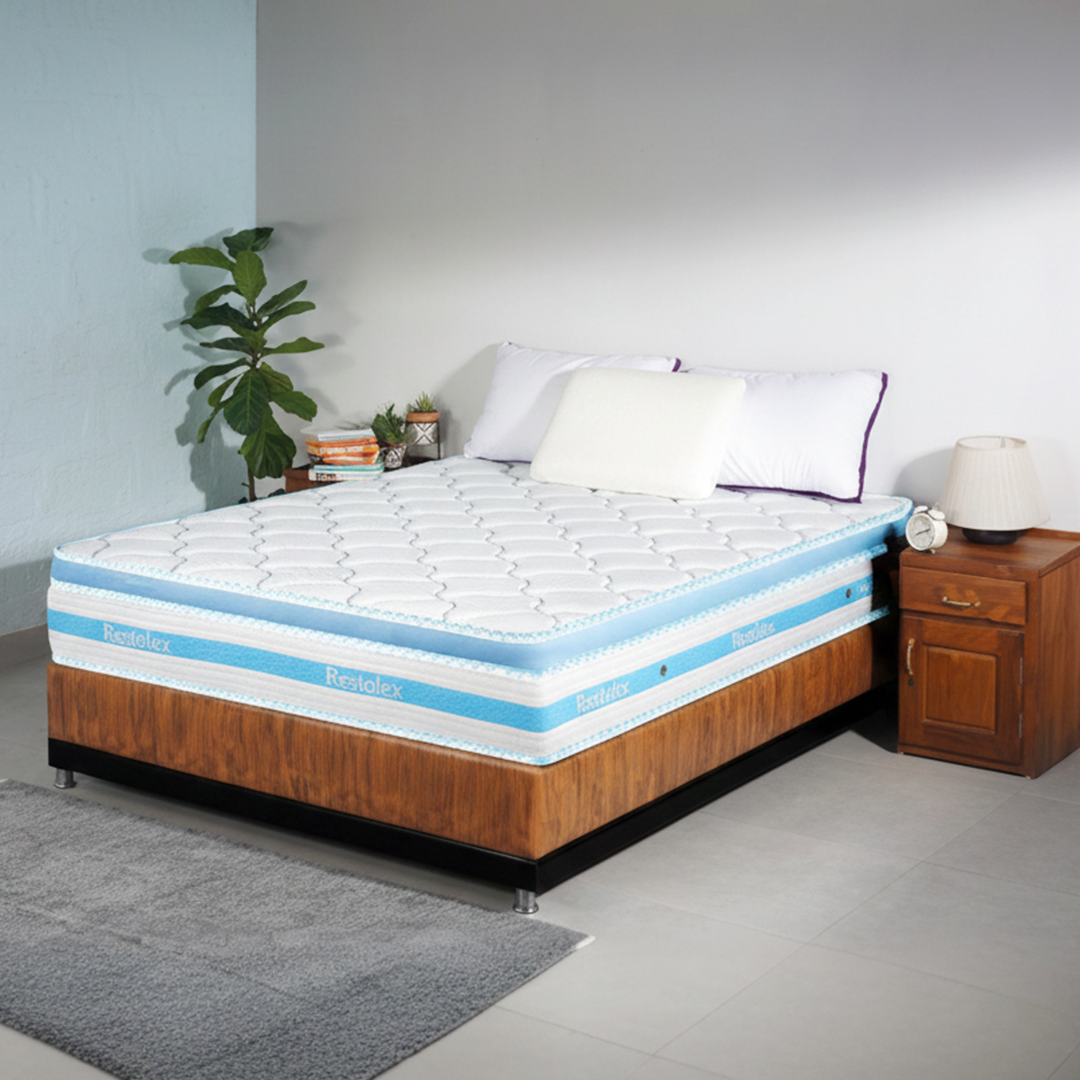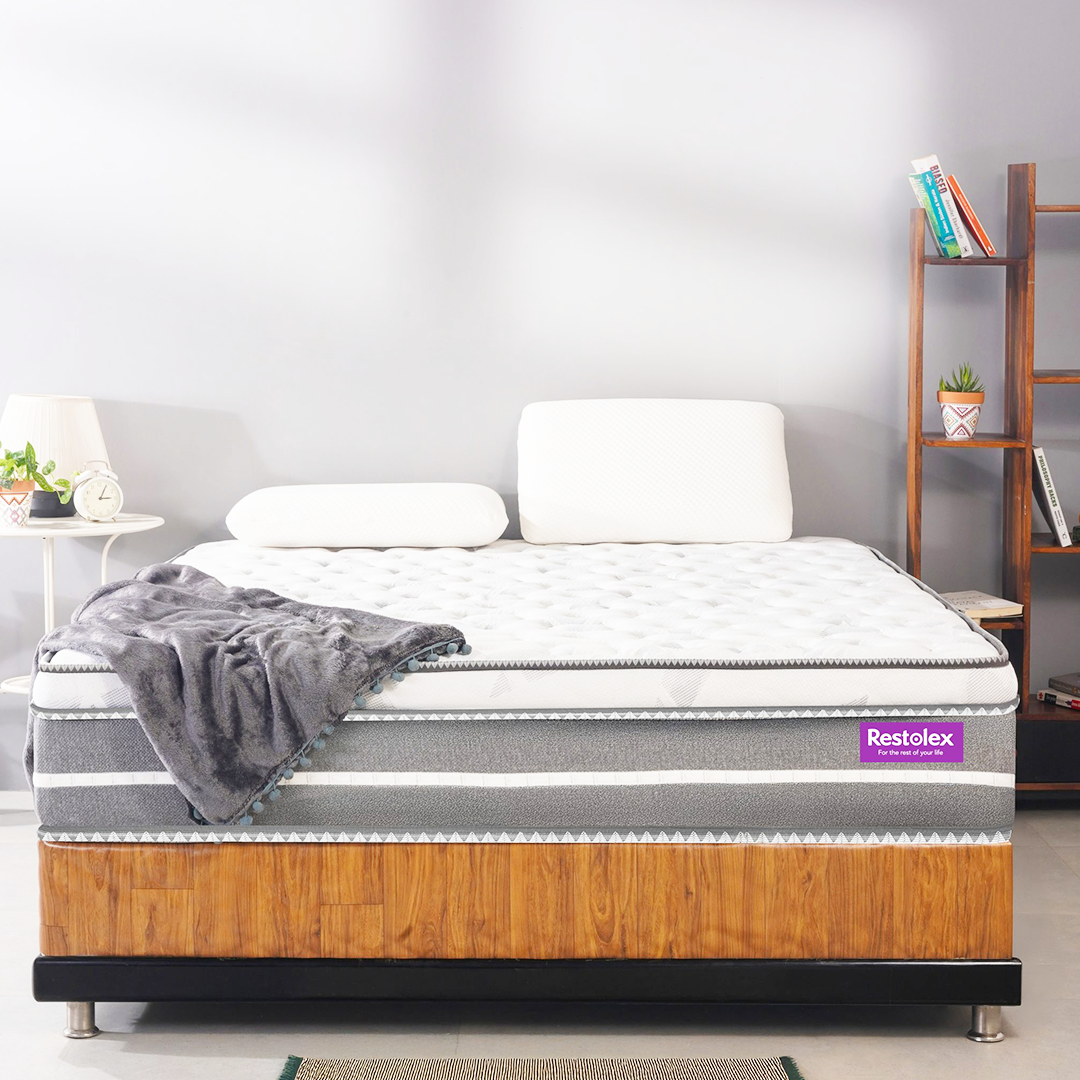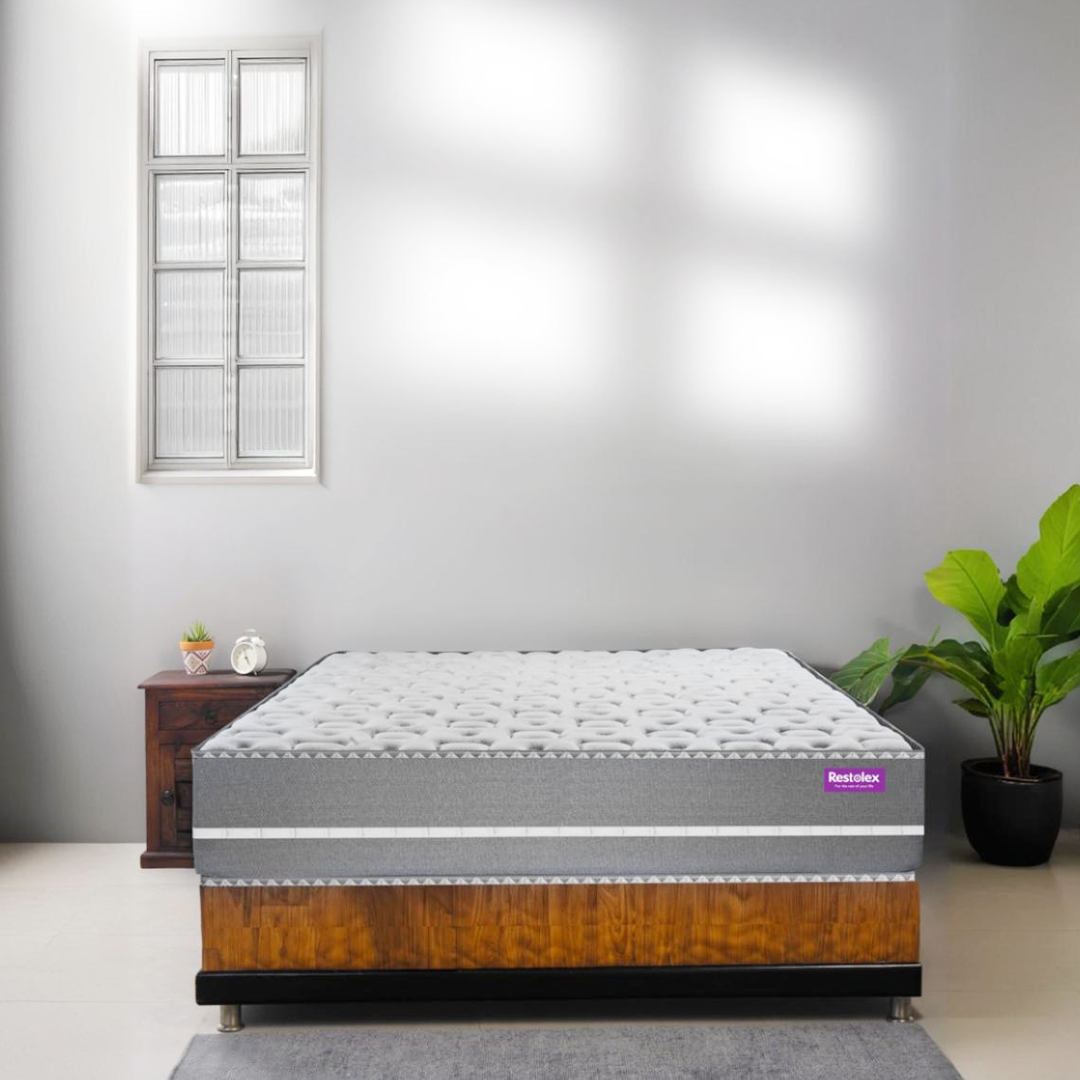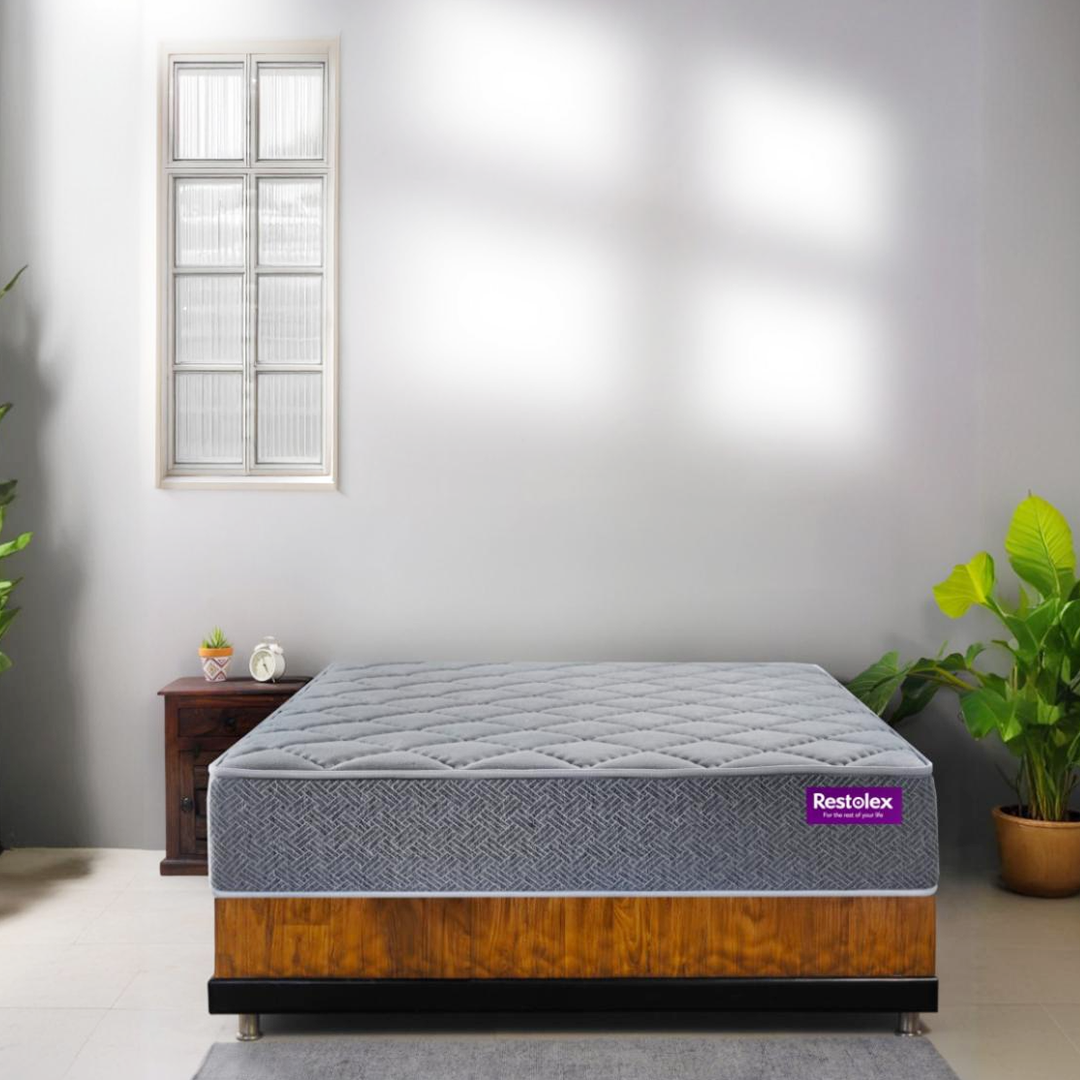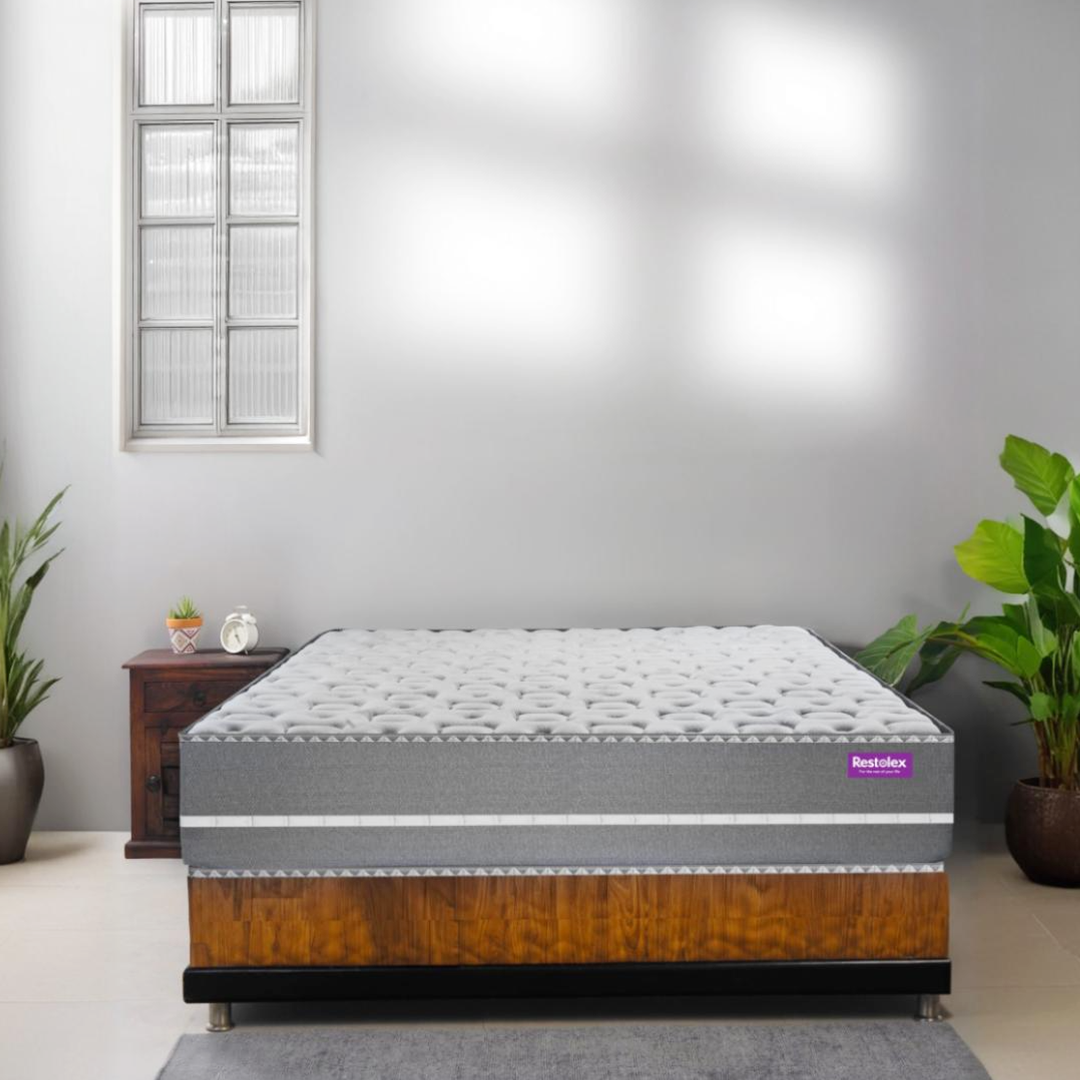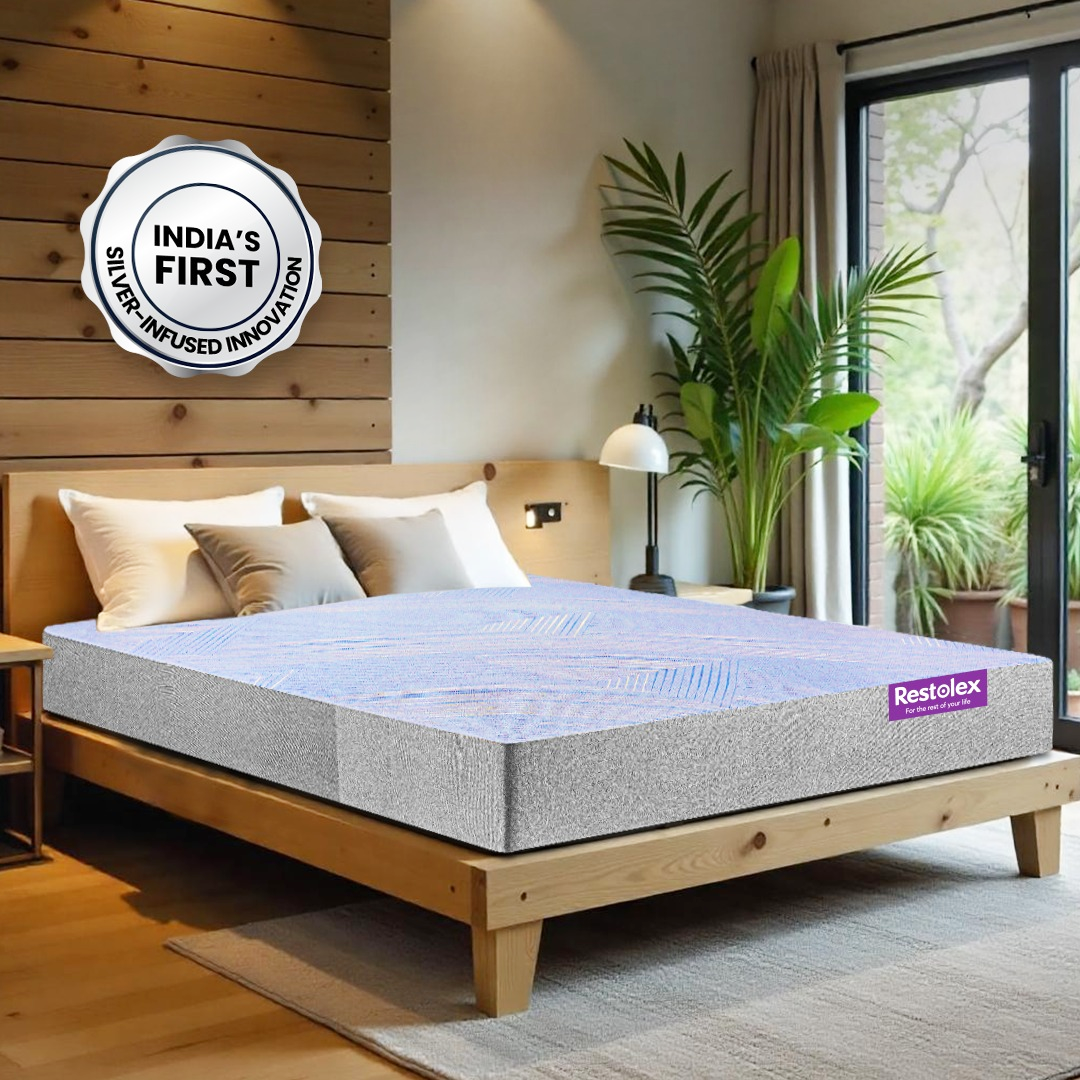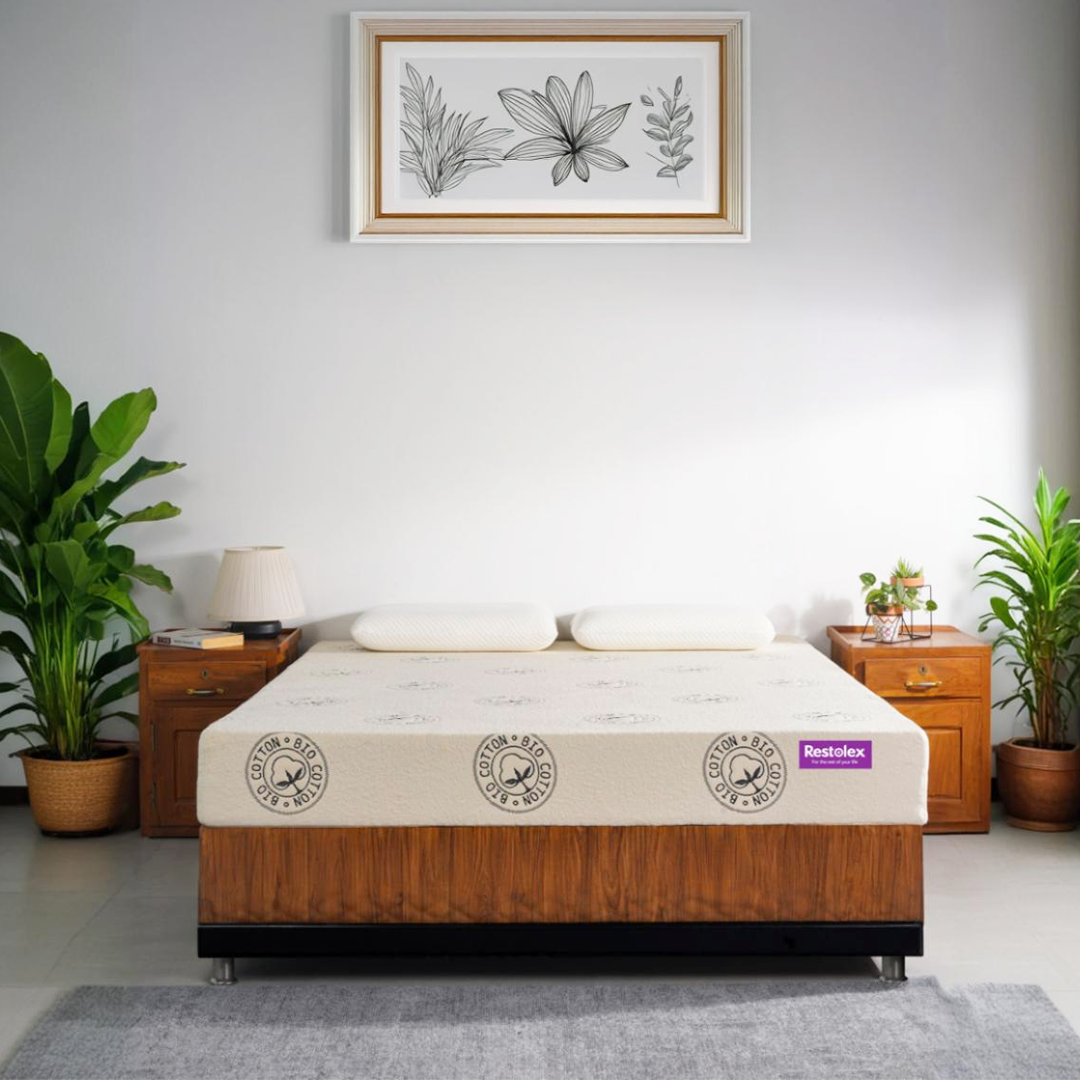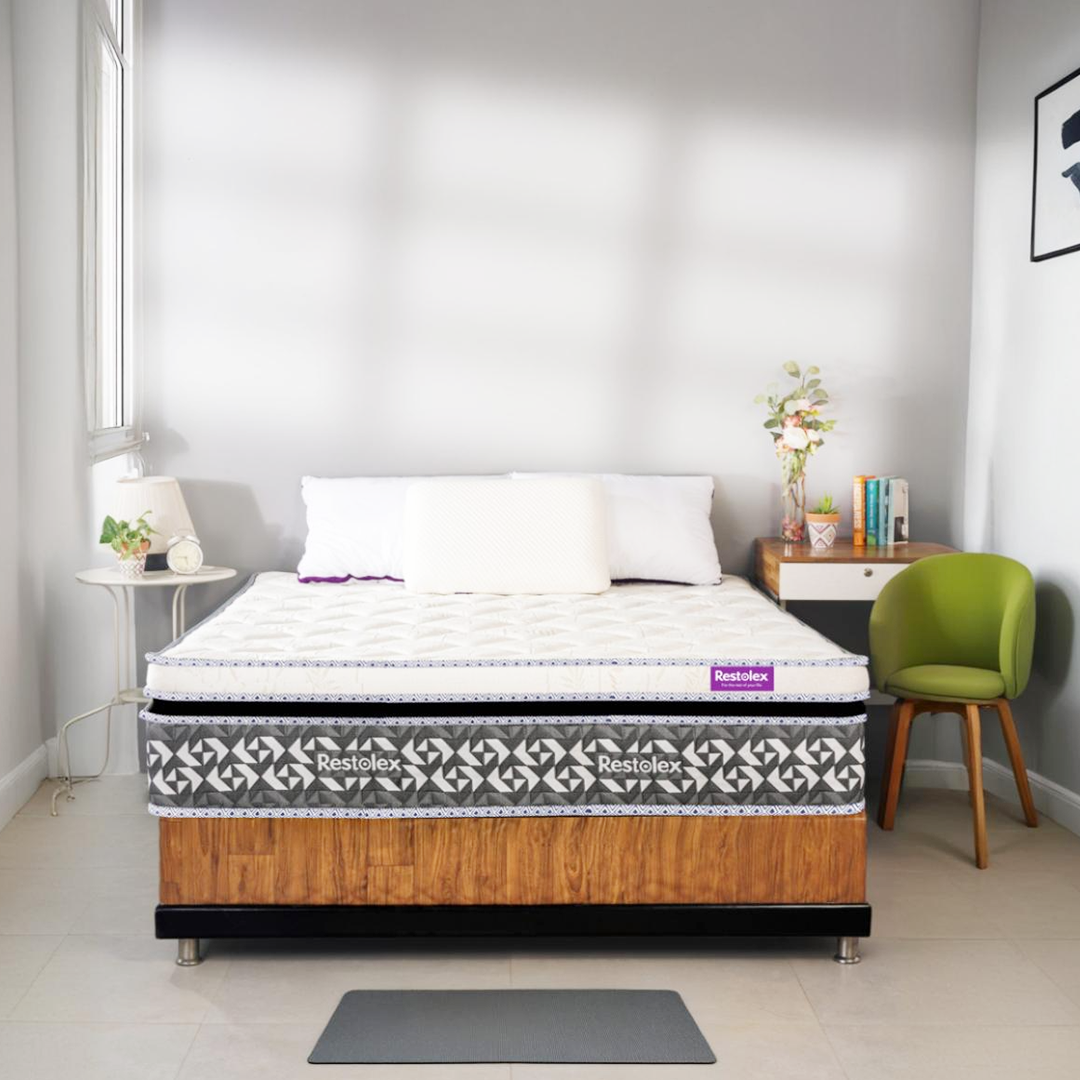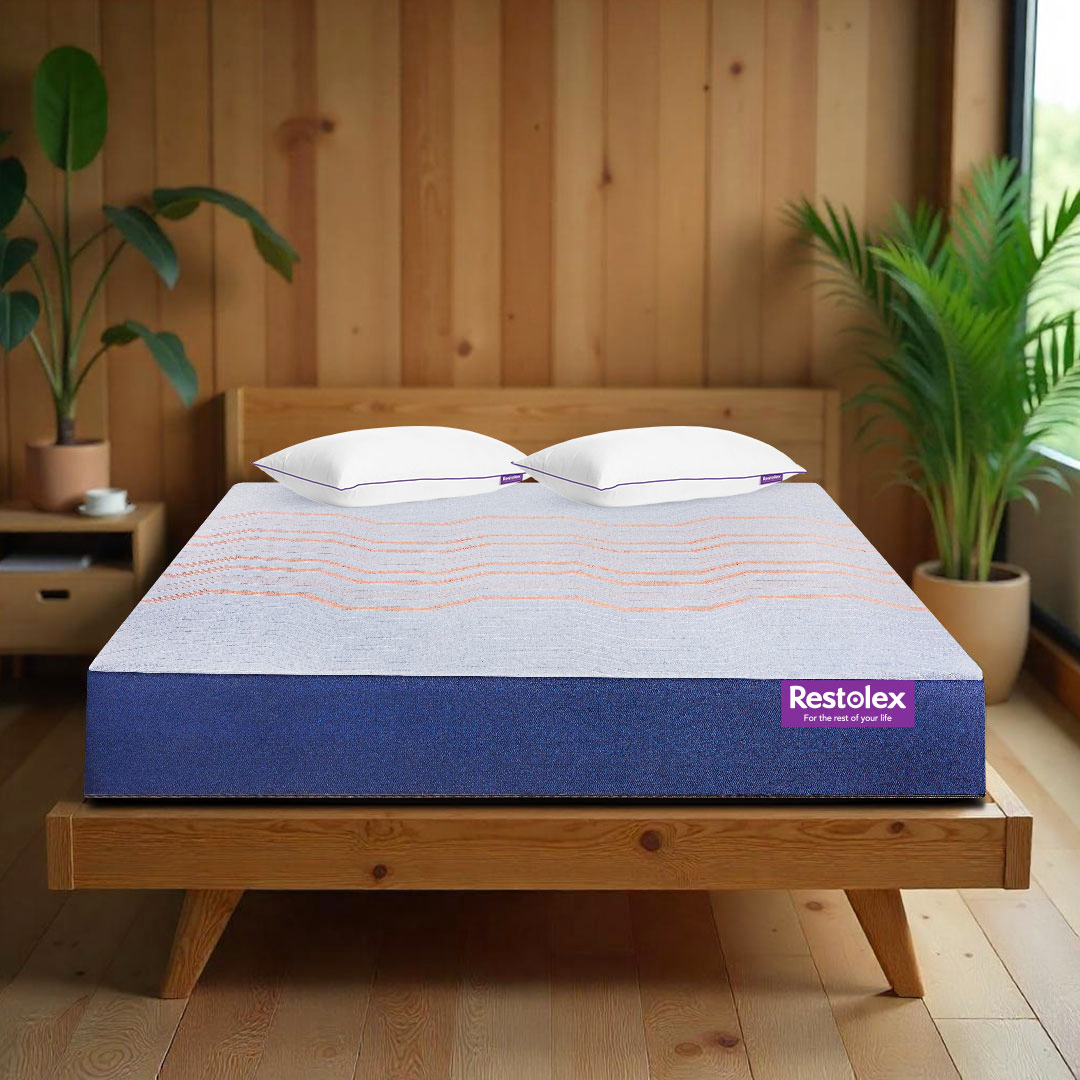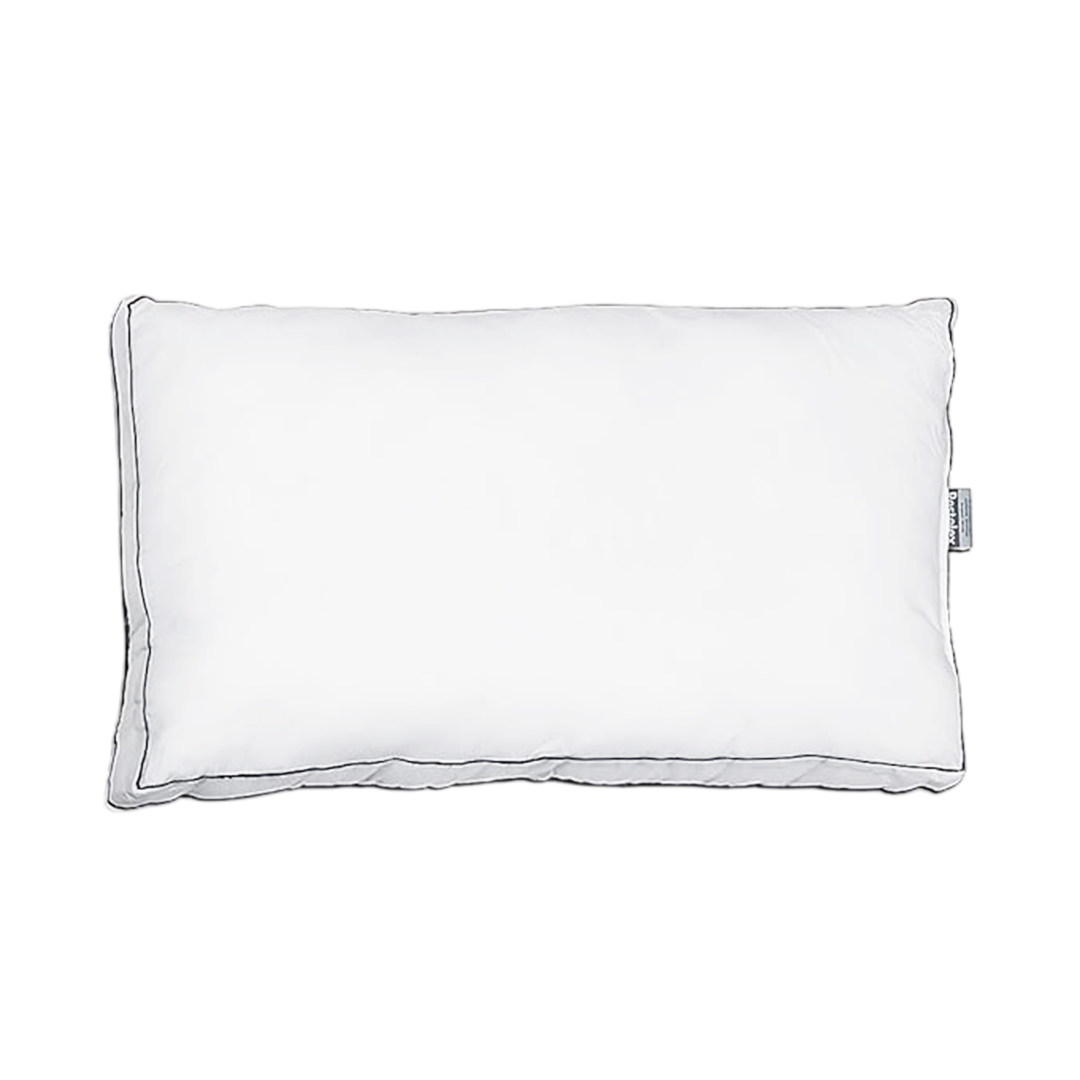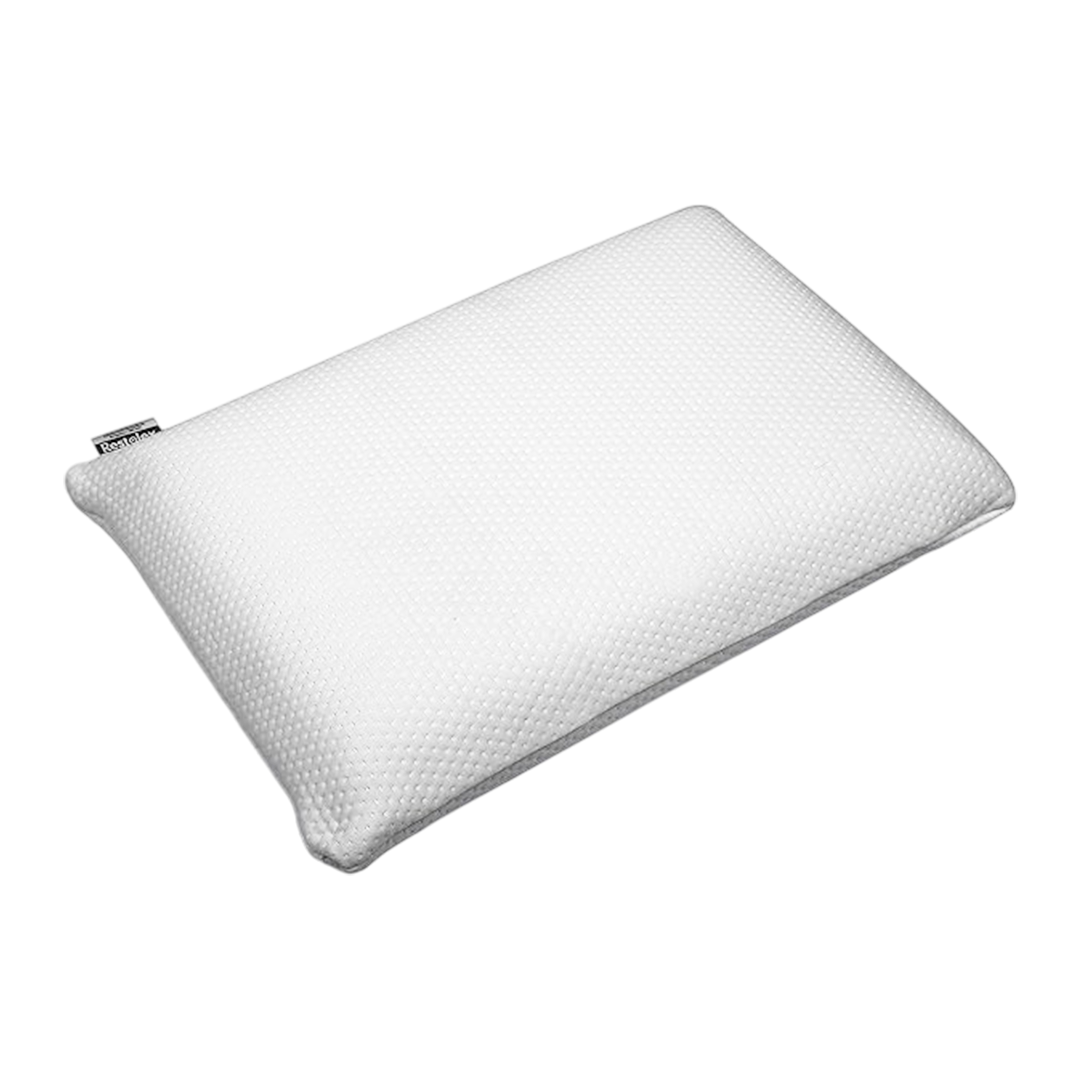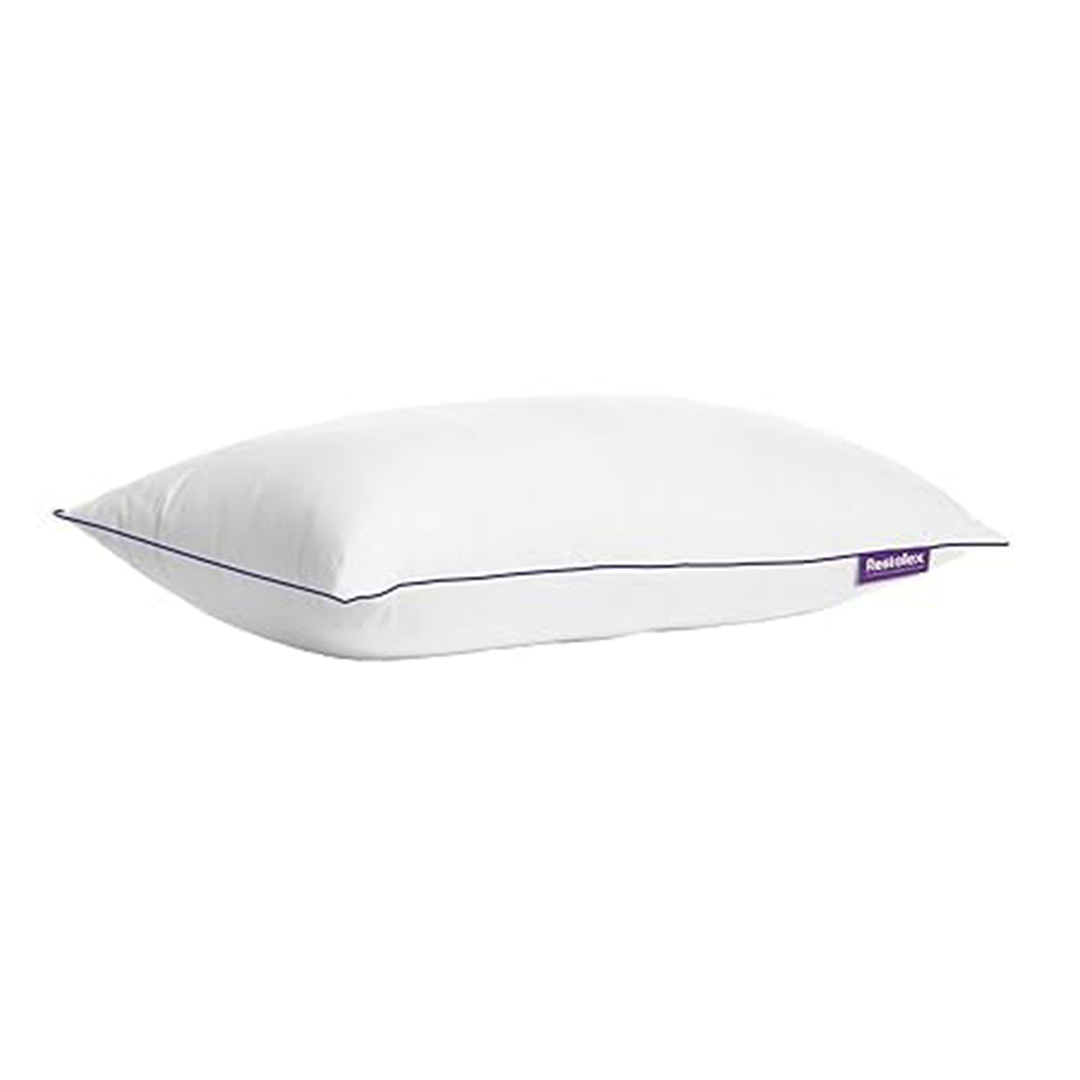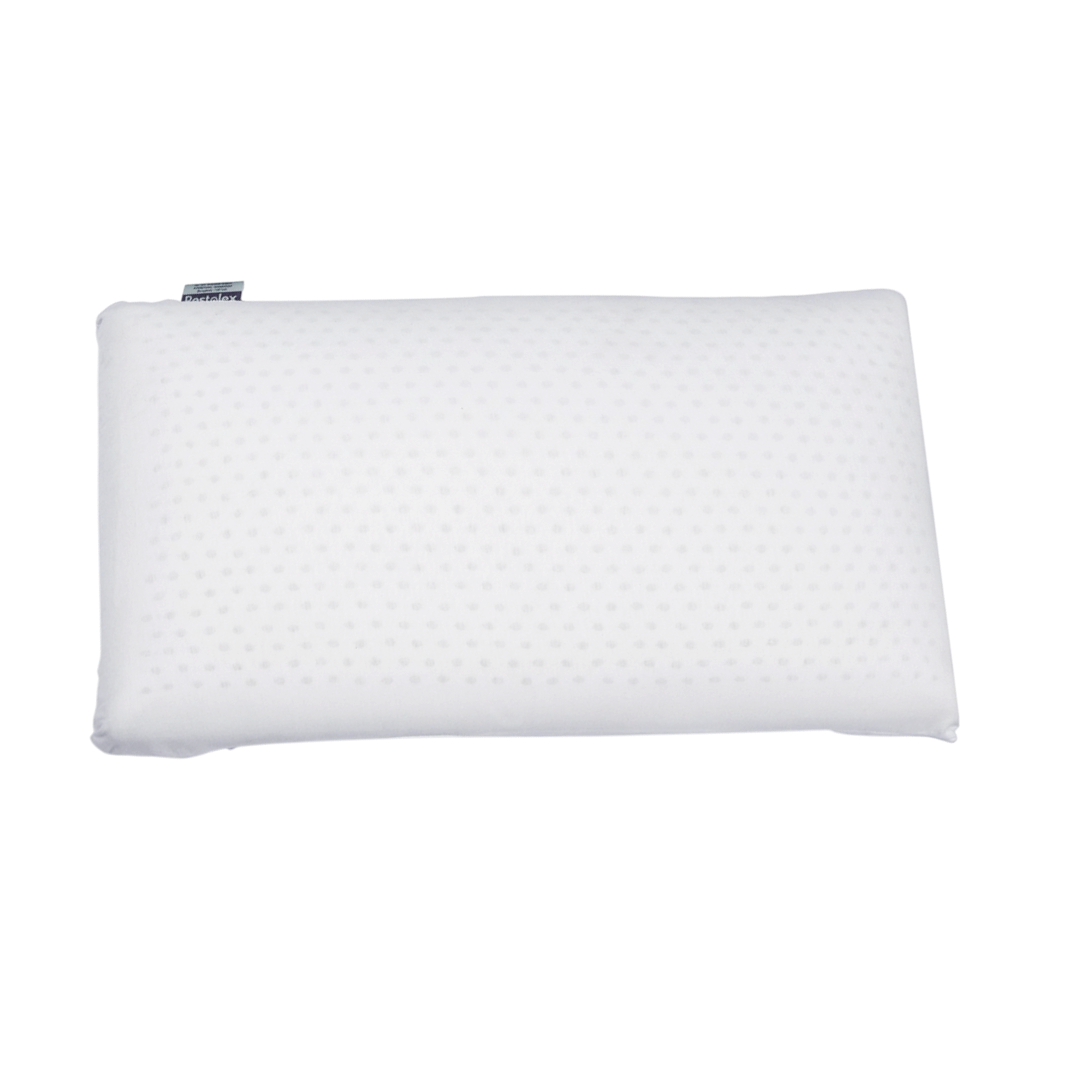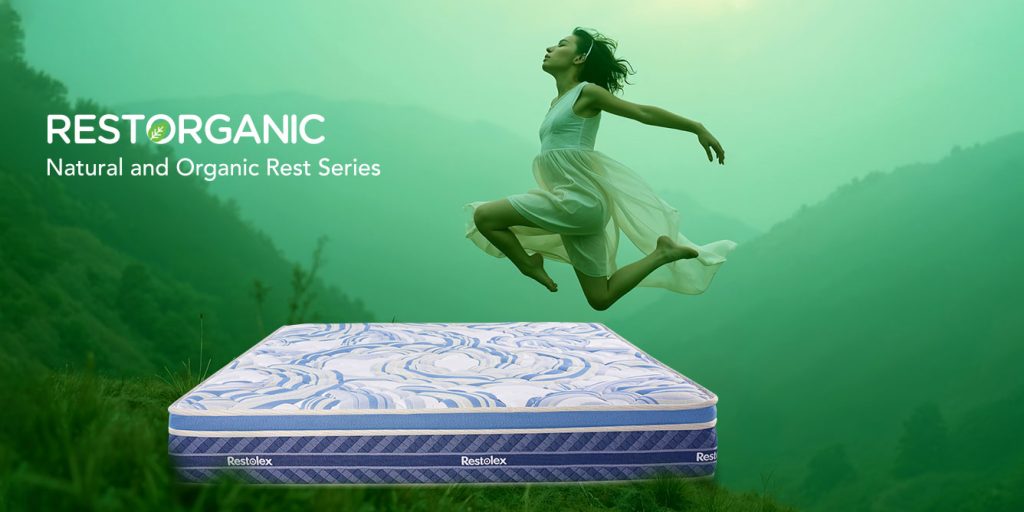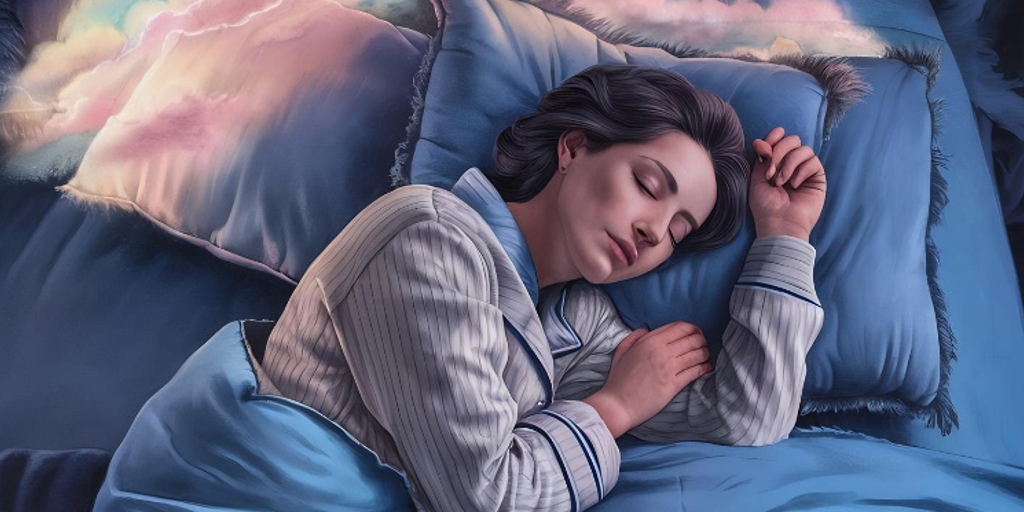Find out what's missing from your Sleep.

Legacy of Rest
Since 1981

Trusted by 1Million+ Families

Globally Recognised for Quality

Free Delivery
Across India

Custom Sizes
Available
Spring Mattress
Show All ProductsCoir Mattress
Show All ProductsCoir Mattress
SHOP MORELatex Mattress
Show All ProductsLatex Mattress
SHOP MOREFoam Mattress
Show All ProductsFoam Mattress
SHOP MOREPillows
Show All ProductsPillows
SHOP MOREFeatured Products
ANTI STRESS DUOROLL
₹10,818
₹24,040
(55 % Off)
SILVREST
₹12,726
₹28,280
(55 % Off)
COOL MAX PRO
₹25,634
₹30,158
(15 % Off)
ORGANIC GRAND
₹32,220
₹37,906
(15 % Off)
Stories of Restolex
Thoughts of Restolex
Helping you understand rest, the way it should feel.
Restolex Guide
We deliver across India with safe packaging and smooth doorstep service,
so your Restolex mattress reaches you quickly and securely.
We offer all standard sizes and also make custom sizes, ensuring your mattress
fits your space and supports your comfort perfectly.
Our mattresses are designed for deep rest with balanced support, zero-disturbance
comfort, and materials that help your body truly unwind.
We use advanced foam and spring technologies crafted for durability, airflow,
and pressure relief, giving you consistent comfort every night.
With over four decades of trust, quality craftsmanship, and millions of happy
families, Restolex remains a leading name in better rest.







